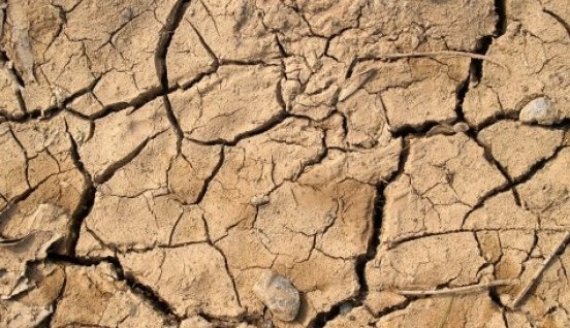© Shutterstock
The committee, which has spent the last six months investigating the case, concluded that ‘the researcher acted in a regrettable manner and showed insufficient awareness in the past period of the seriousness of the situation’. The regrettable conduct refers to the fact that the soil scientist thinks it is normal for editors and reviewers to call on authors to cite their own articles. This form of manipulation gives scientists a higher citation score and scientific journals a higher impact factor.
The Wageningen soil scientist had previously been accused of being part of a citation cartel of international soil scientists centred on the Spanish professor Artemi Cerdà. He has been proven to have manipulated citations. The Wageningen scientist, a protégée of Cerdà, was an editor of several journals in which the Spaniard was also involved. They worked and published a lot together.
CWI is not sure whether the Wageningen researcher was aware of Cerdà’s activities or whether she is a victim of his manipulations. At any rate, the accusation of organized citation pushing cannot be proved. On the other hand, she must have noticed the ‘help’ coming from Cerdà and she was definitely guilty of citation pushing in one instance. This does not constitute a violation of scientific integrity, however, as the code of conduct for scientists does not have any rules on reviewing and editorial activities.
It is not clear what consequences the CWI ruling will have for the soil scientist. ‘This is not a formal reprimand,’ says Executive Board spokesman Simon Vink. ‘It will be added to the personnel file and then it’s up to her managers — the professor and the science group director.’ The Executive Board has urged the journals in question to remove the false citations. But it is not clear whether they will do that.
Vink says the board was shocked to discover how easy it is to commit citation fraud. ‘And it’s not really possible as an organization to pinpoint this. We don’t have a good view of such reviewing processes.’ That is why the board has urged other parties to take measures (see box).
BOX
Measures to combat citation fraud
Following the case involving the soil scientist, WUR Executive Board will be asking the publishers of scientific journals to reconsider their reviewing procedures. They should take more measures to prevent citation pushing, the practice whereby editors and reviewers (anonymously) goad authors into citing their own articles. WUR has also asked the Dutch Association of Universities to take action. In response, the association has decided to include rules in the scientific code of conduct for researchers who act as reviewers or editors for scientific journals.

